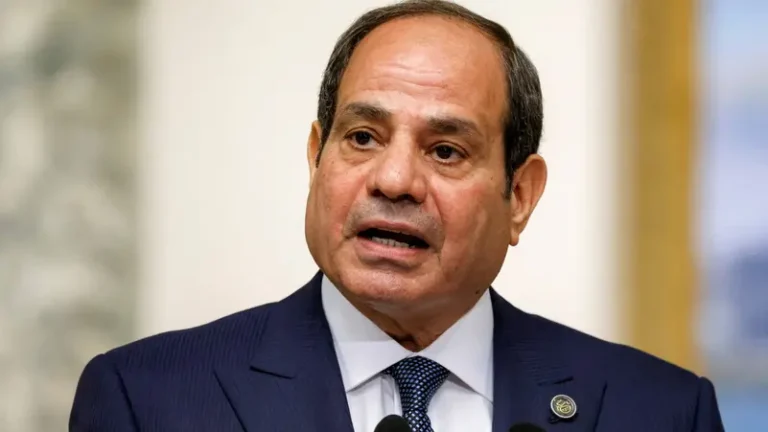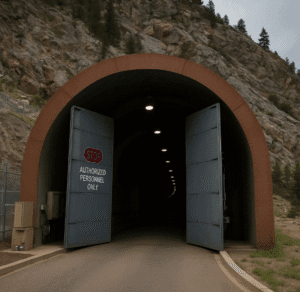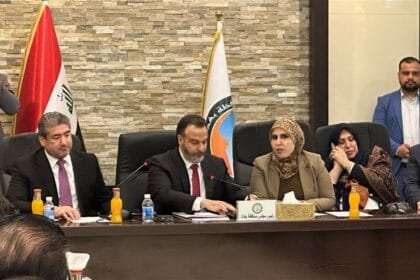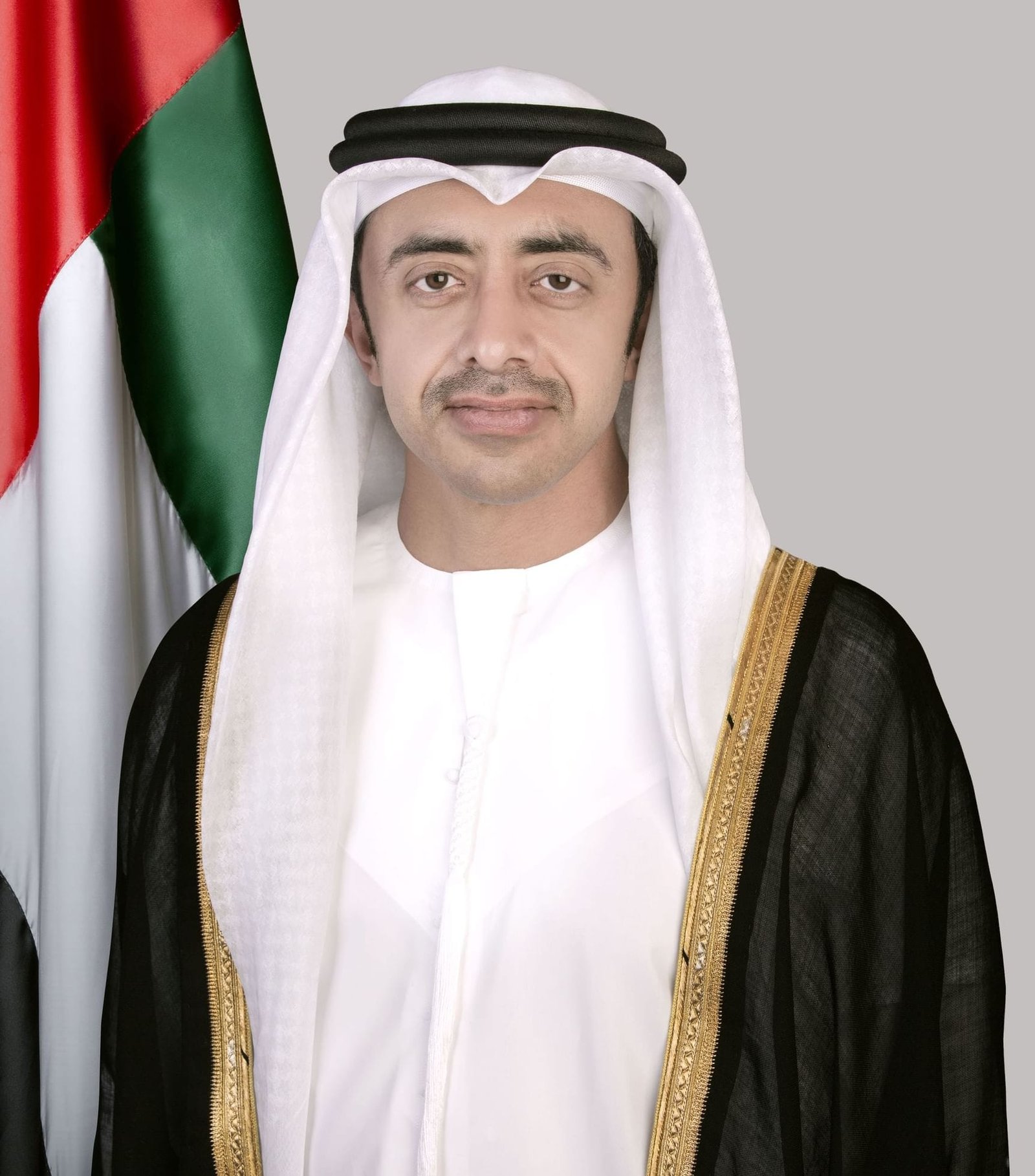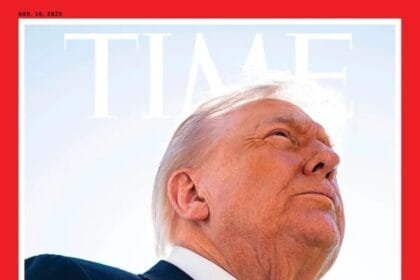Cairo, Egypt – Egyptian President Abdel Fattah El-Sisi confirmed that Ethiopia, over the past few days, has caused damage to the two downstream countries.
This is a result of its uncontrolled management of the Renaissance Dam and irregular water flows that were discharged without notification or coordination.
Sisi said during his speech on Sunday at the opening of Cairo Water Week that what happened requires the international community, and the African continent in particular, to confront the reckless actions of the Ethiopian administration. He stressed the need to ensure the regulation of water drainage from the dam in cases of drought and flood, within the framework of the agreement sought by the two downstream countries.
He pointed out that this is the only way to achieve a balance between the real development of upstream countries and not harming downstream countries.
Al-Sisi stressed Egypt’s categorical rejection of any unilateral measures on the Nile River that ignore international norms and agreements, threaten the interests of the peoples of the basin, and undermine the foundations of justice and stability.
Al-Sisi also added that Egypt has followed an honest diplomatic path over the course of fourteen years, characterized by wisdom and sobriety, during the arduous negotiations with the Ethiopian side.
Egypt also seriously sought to reach a binding legal agreement on the Ethiopian dam, which takes into account everyone’s interests and achieves a balance between rights and duties.
In addition, during these years, Egypt has presented many solid technical alternatives that meet Ethiopia’s declared goals and preserve the interests of the two downstream countries.
However, these efforts were met with intransigence that can only be explained by the absence of political will and the pursuit of imposing a fait accompli, driven by narrow political considerations far removed from actual development needs.
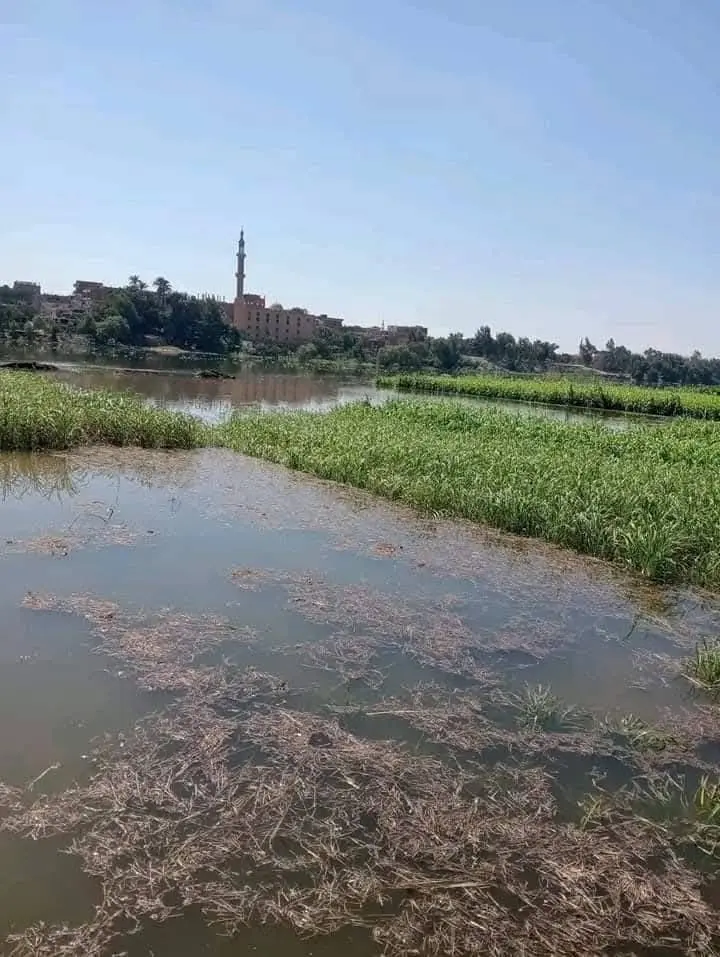
“False allegations”
The Egyptian President revealed that Ethiopian intransigence is based on false claims of sole sovereignty over the Nile River, while the established truth is that the Nile is the common property of all its riparian countries, and a collective resource that does not monopolize.
He called for the necessity of having a legal and binding agreement for its parties to regulate the operation of this dam.
Al-Sisi explained that Egypt faces serious challenges in the water file.
Water is an existential issue that affects the lives of more than 100 million citizens, who depend more than 98% on one source that originates from outside the borders, which is the Nile River.
He pointed out that Egypt is classified among the countries with the most water scarcity.
The annual rainfall rate does not exceed 1.3 billion cubic metres, and the per capita share is about 500 cubic meters annually, half the global water poverty line.
The Egyptian Ministry of Irrigation had previously revealed details of the plans it had taken to confront floods in Sudan and water coming from the Ethiopian dam.
Including the opening of the Toshka spillway.




